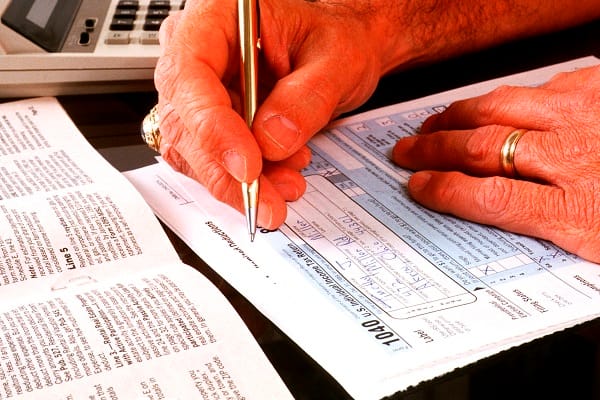Research by tax experts, RIFT Tax Refunds, has shown that the number of people missing January’s self-assessment tax deadline has increased by 142% between 2020 and 2022, up 30% in a single year alone.
Self-assessment tax returns are a tricky business, especially for those of us who don’t have an accounting background. In fact, it takes the average person two and a half hours to complete, with one in 10 taking more than five hours.
January’s deadline for submitting a self-assessment tax return to HMRC is fast approaching but analysis by RIFT Tax Refunds has shown that millions of us are likely to miss the submission deadline of the 31st of this month.
142% increase in late self-assessment submissions
The figures show that last year, over 2.3m people failed to complete and submit their self-assessment in time. Not only was this a 30% increase on the previous year (2021), but it also marked a huge 142% increase in two years (2020).
It’s not just late submissions that can cause us a headache where our self-assessments are concerned. A lack of knowledge, or the pressure of an impending submission deadline can also cause us to make mistakes that can end up costing us.
Failing to claim expenses
Many of us fail to properly claim expenses. While this can sometimes incur the wrath of HMRC for breaching their strict rules on what actually counts as a business expense, it also works both ways.
Failing to claim for expenses when working from home, using your own car, professional subscriptions or other related work purchases, pension contributions, gift aid and more, can all leave you out of pocket.
Missing the payment deadline
Missing the payment deadline itself will also see you penalised by HMRC. You may be charged £100 if you’re just a day late, with £10 for each additional day to a cap of 90 days. If you fail to pay within six months, you will be charged an additional £300 or 5% of the tax due, depending on which is higher.
The same amount will then be issued again after 12 months, in addition to existing fines, and in the most serious cases, you could be fined 100% of the tax owed.
Advanced payments
Many of us also fail to plan for the advanced payments required on our accounts, which can not only leave us in a financial pothole but may see further fines issued by HMRC if missed. These payments equate half of your previous year’s tax bill and must be paid by the 31 January and the 31 July.
Failing to keep records
Finally, HMRC may want to take a closer look at your tax affairs in this case, you’ll be required to show them five year’s worth of records. This includes receipts, invoices, bank statements and any other documentation related to your tax returns.
CEO of RIFT Tax Refunds, Bradley Post said, “Completing a self-assessment can be taxing, to say the least, but it’s far better to tackle the issue head on rather than leaving it to the last minute.
If you’re yet to complete it, don’t panic, there’s still time before the end of month deadline, but failure to do so will result in a financial penalty, which is the last thing anyone needs in the current climate.
There are also a host of ongoing things to consider, such as the payment deadline, the requirement of advanced payments and getting your self-assessment right in the first place.
With so much to think about, it’s no wonder that the vast majority of us employ professional help. Doing so will not only help you meet the required deadlines and prevent you from being hit with any further financial penalties, but it will also ensure that you are getting your fair share when it comes to the money owed to you for the expenses you’ve incurred.”




Leave a Comment